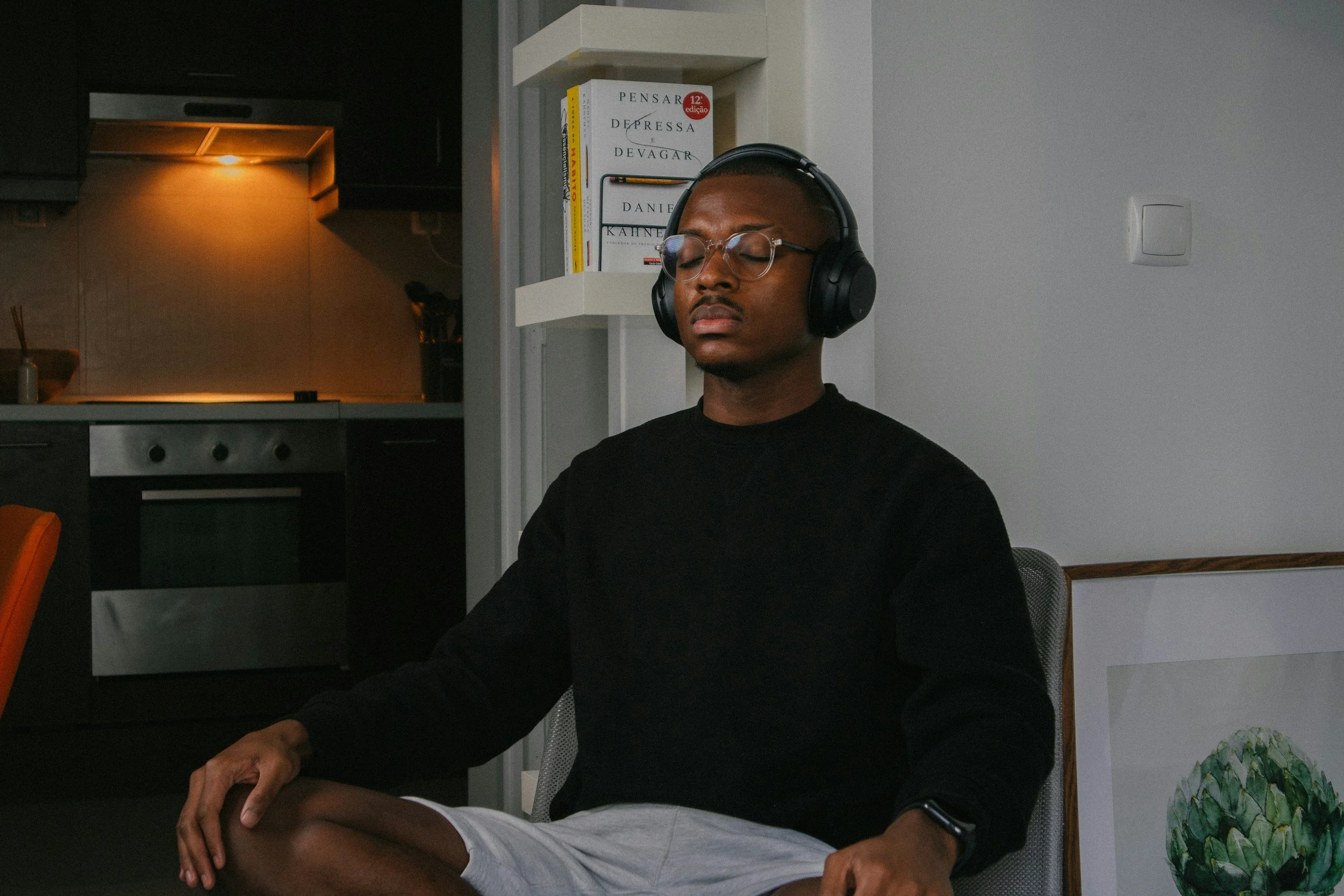Mouth Taping: Wellness or Wild?
Disclaimer: This editorial is for informational purposes only. Mouth taping carries risks and should not be attempted without consulting a licensed medical professional, especially if you have breathing issues, anxiety, sleep apnea, or other health conditions.
In recent months, a quiet trend has slipped into the wellness space: mouth taping. Influencers, biohackers, and holistic health advocates claim it can transform sleep, reduce snoring, and improve mental clarity.
It sounds simple: before sleep, gently seal your lips with a strip of breathable tape to encourage nasal breathing rather than mouth breathing. But beneath this simplicity lies a profound, and sometimes controversial, question:
Could something as small as closing your mouth at night help calm the mind?
The Science Behind the Trend
Mouth taping is built on one core belief — that nasal breathing is superior to mouth breathing. When we breathe through our nose, the air is filtered, humidified, and better regulated. Nasal breathing also signals safety to the brain, activating the parasympathetic nervous system — the body’s “rest and restore” mode.
Mouth breathing, on the other hand, is often linked to:
Dry mouth and bad breath
Restless sleep or waking up gasping
Lower oxygen quality and poor sleep cycles
Fatigue, irritability, and cognitive fog
None of these are mental illnesses — but they mimic symptoms of anxiety, depression, or burnout.
Sleep, Breath, and Mental Health: The Link We Can’t Ignore
If mouth taping leads to deeper sleep for some people, its impact may ripple far beyond physical health. Sleep is directly tied to emotional regulation, mood, focus, and resilience.
Potential Mental Health Benefits of Nasal Breathing at Night
Reduced anxiety and cortisol levels
Improved focus and clarity due to better oxygen-carbon dioxide exchange
Deeper, more restorative sleep
Less morning fatigue, which can ease irritability and improve motivation
The Other Side: Discomfort, Panic, and Real Risks
Not everyone finds peace in this trend. For some, taping the mouth triggers panic or claustrophobic anxiety, especially for individuals with trauma, sleep-related breathing disorders, or chronic stress.
Do not try mouth taping without speaking to a doctor first.
Why We’re Drawn to These Trends
Behind this trend isn't vanity — it’s desperation for peace. Many are simply seeking rest: a night without waking, a morning without fog, a mind that isn’t racing by sunrise.
So, Where Do We Go From Here?
Mouth taping isn’t a cure for mental health challenges. But it does remind us of something important:
Mental health isn’t just emotional — it’s physical, biological, and deeply connected to how we sleep, breathe, and exist in our bodies.
If used responsibly, under medical guidance, mouth taping may be one tool among many in a holistic approach to well-being.
Final Words
Consult a doctor or sleep specialist first.
Understand the risks, especially if you have sleep apnea, nasal issues, or anxiety.
Remember: mental health isn’t fixed by hacks — it’s supported through care, sleep, connection, and courage.




